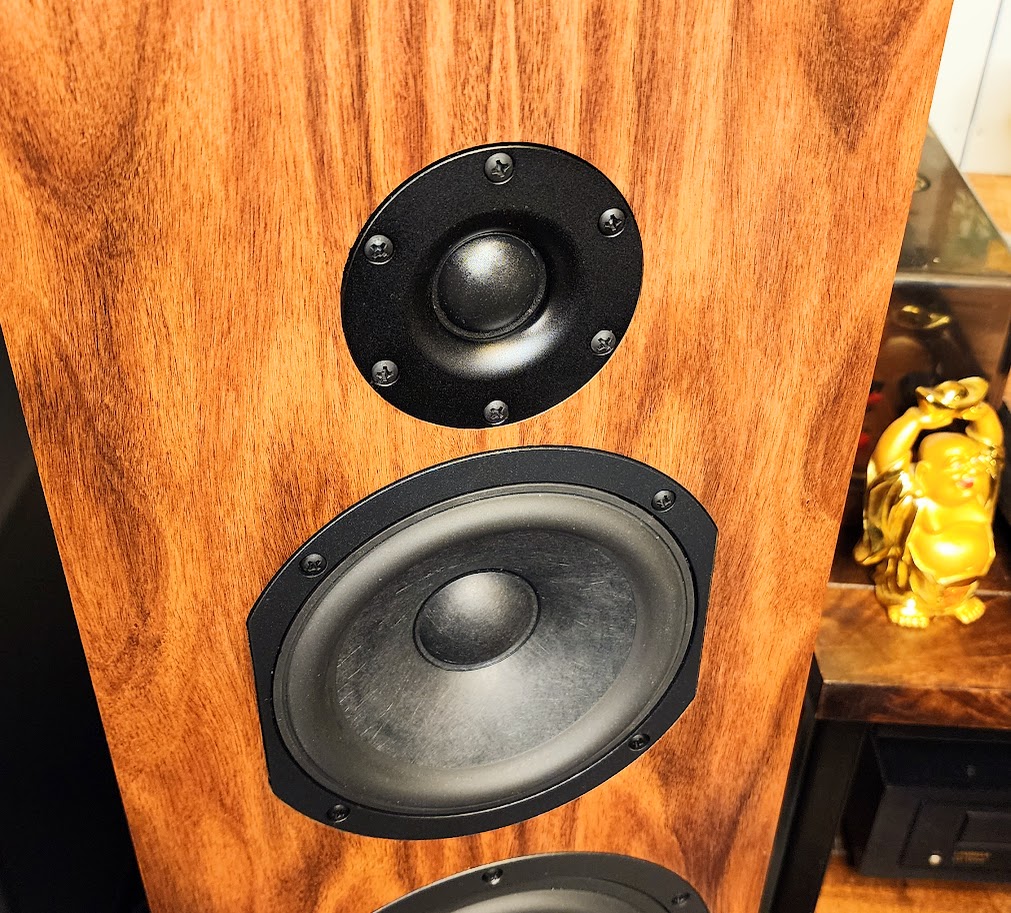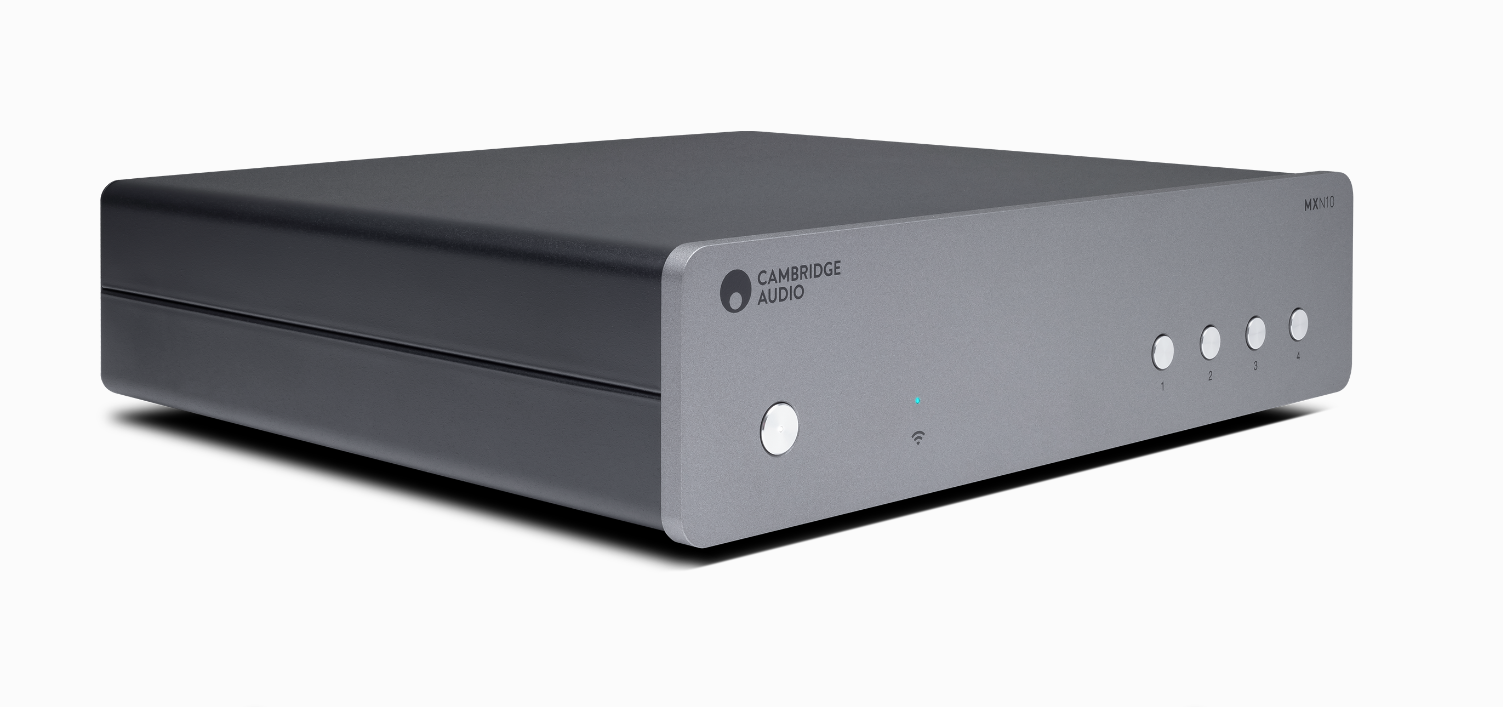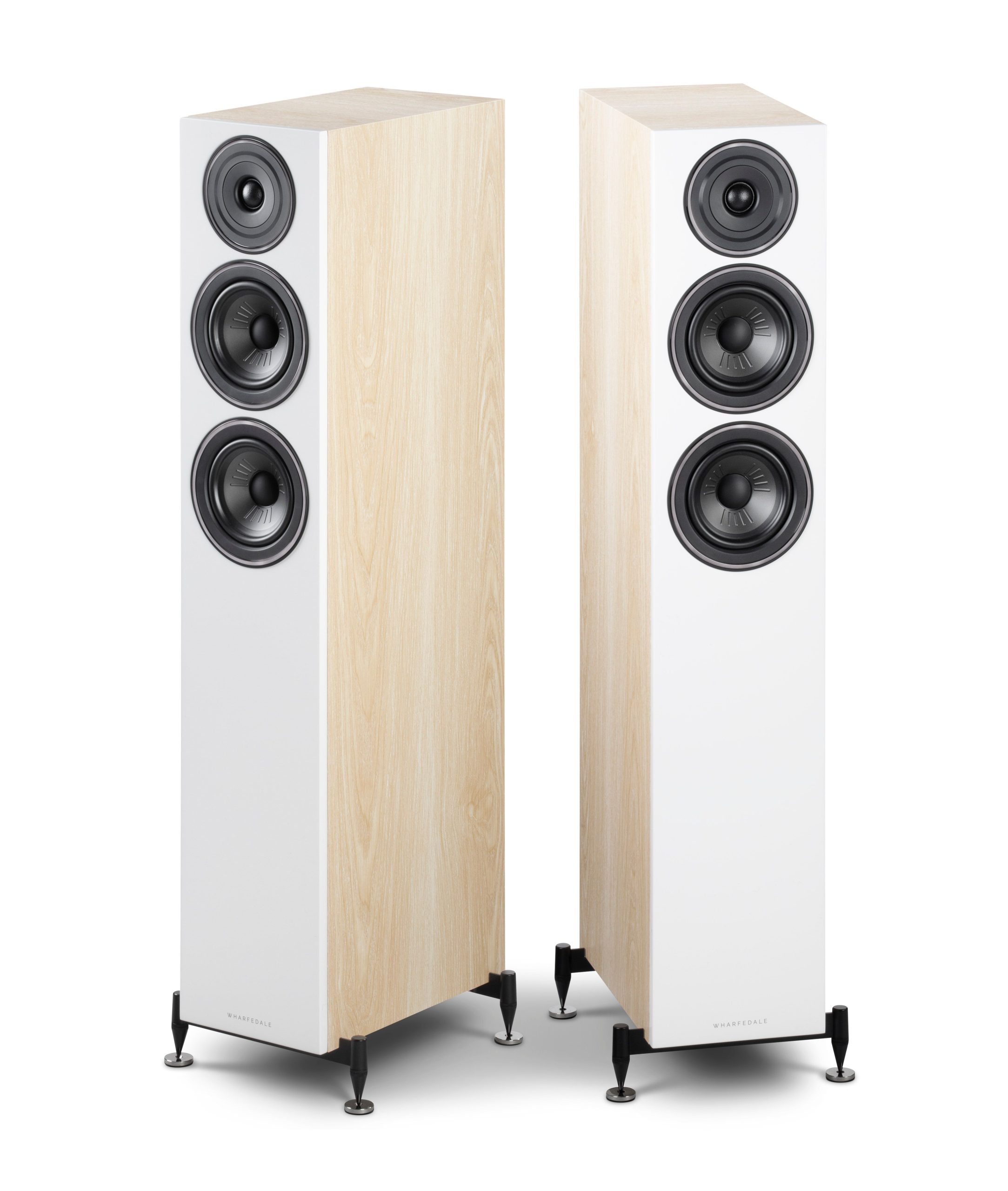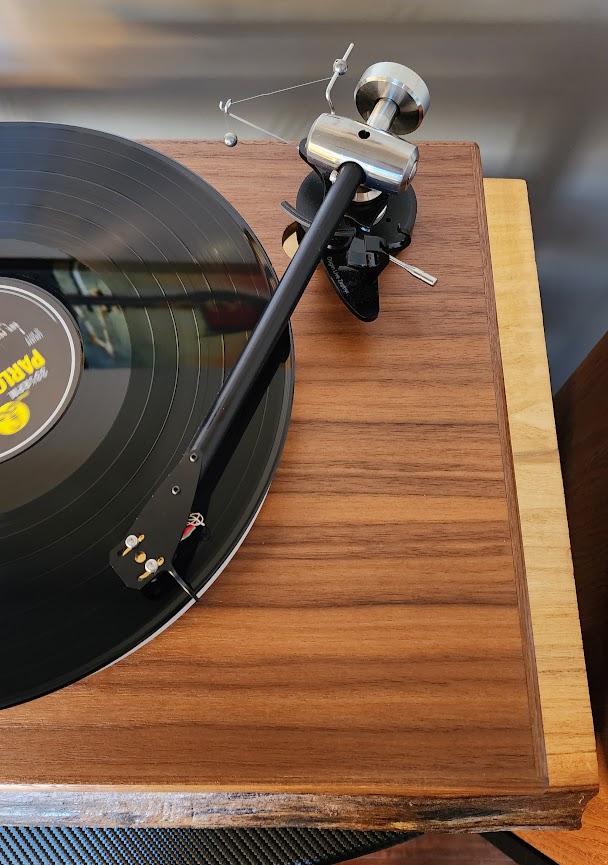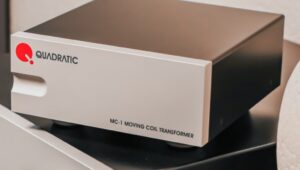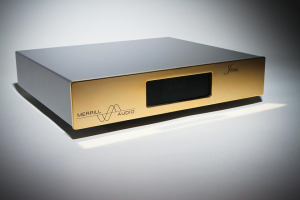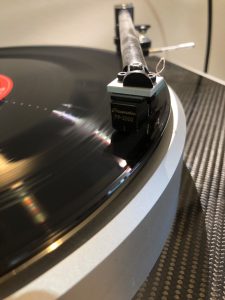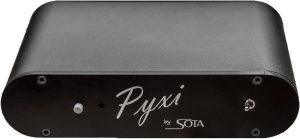The Stellar Phono Preamplifier is now the third piece from PS Audio's Stellar line that has graced my listening room. Somehow, while it was exceptionally difficult, I mustered the gumption to return those first two amazing pieces back to PS Audio after the earlier reviews. However, this may be the phono stage that I cannot live without in my reference system.
What It Is
Developed by Darren Myers (who has moved on to a new position with Parasound), the Stellar Phono was engineered as a fully discrete design utilizing over 700 parts. Those parts include an input stage that has 10 paralleled FETs for extremely low input noise. It should be noted that Myers was the engineer behind the M700 mono amps, as well as the Sprout100 integrated amp, which I also had the privilege of spending quality time with.
Available in either silver or black finish, the Stellar Phono Preamp is a full-width, fully Class A analog component offering two inputs for either moving coil or moving magnet cartridges. It features single-ended and balanced inputs, with fixed and variable loading. Cartridge loading can be changed from the supplied remote control, which also switches input/tonearm, and gain, and allows muting. Loading can be changed between 60, 100, 200, and 47k ohms, as well as custom settings between 1 ohm and 1 kilohm. Gains are offered as followed:
- MC- 60, 66, and 72dB
- MM- 44, 50, and 56dB
The Stellar's somewhat substantial weight of 21 pounds is a telltale hint at the oversized power transformer tucked under the chassis. However, this remains a sleek component, consistent with the Stellar family, offering contemporary lines and ultra-modern style. Blue lights and LEDs illuminate the power and chosen settings behind a small oval window.
Listening
Mating the Stellar Phono Preamplifier's settings with my Triangle Art Zeus cartridge required a short process with the remote, all of a few seconds. Within moments I was enjoying the benefits—and instant gratification—of the Stellar.
It's exciting when a component makes a tremendous difference the moment it becomes a part of your system. Such is the case the second the stylus of my Triangle Art Hathor lowers onto side one of the half-speed mastered release of Santana's Zebop! Over the years, several phono stages have transferred the analog signal in this room, but none with this immediacy or impact. Elevated clarity and striking detail are just the first standouts. It's certainly easy to get caught up in this during flurries of percussion, handled effortlessly, with not a beat missed by the Stellar.
As the record progresses, what becomes more noticeable and stunning are the dynamics and the ability of the Stellar to get inky-quiet between tracks and during certain passages. Yes, the louder crashes are impressive, and get the heart pounding, but the in-between moments are even more breathtaking, somehow. All of this range leads to passion flowing from the vinyl and out of my speakers.
Acoustic guitar on "Winning" takes on a width and breadth, filling the room. Soundstaging is an obvious part of the Stellar formula. Similar incredible staging occurs with the chimes in "Tales of Kilimanjaro." Here, the Stellar not only has a more open feel and sound, but is also more organic versus (or compared with) phono stages I've auditioned in the past. There is a closeness to the music that makes this component a special experience.
Next, I spin my original copy of Tom Petty and the Heartbreakers' Hard Promises. While this record has a bit of age to it, the Stellar has an uncanny ability to give it the feel of an audiophile pressing. Only a few songs in, and I begin to really settle back, thinking "Wow, this is better than I remember."
"Nightwatchman" becomes a particular example of the Stellar's proclivity to extract the most from the groove. Imaging is superb, with the two guitars filling wide, left and right. The track sounds immense with drums coming from all the way across the room. "Something Big," my own favorite from this release, follows suit, causing my listening space to seem larger than it actually is. This is the kind of magic that is easy to appreciate.
Now, spinning a red vinyl copy of Steely Dan's Aja, I know I might raise an eyebrow or two. Generally, I would not use a colored vinyl disc for critical listening, but this was in my row of cleaned records, and (I thought) an excellent opportunity to challenge the Stellar on a less audiophile pressing. Turns out, I'm not wrong. This is possibly the absolute maximum that can be derived from this record, which is to say that it's turning into a surprisingly enjoyable listen right off the bat. While the sparkle and shine of a better pressing are absent, the soundstaging and imaging are certainly present. The Stellar makes even this red record inky-black-quiet in the right places, which is enough to garner my applause.
My most important point has been proven in my Aja versus red vinyl experiment, as my collection, like many other collections, runs the gamut between expensive audiophile MoFi pressings to beautiful colored vinyl collector pieces to dollar bin rescue dogs. Like you, I want equal enjoyment from every platter that matters. This is why I invest in my entire phono section, be it turntable, cartridge, and cabling. The PS Audio Stellar levels the playing field by elevating all of the signals sent through it… so far. More on that.
My last course of listening is much less conventional. Rather than switching to a second tone arm, I change the settings of the Stellar over to another turntable, as mentioned earlier. A bit of a departure from the $15,000 Triangle Art, my somewhat humbler Music Hall mmf1.3 is set up strictly for the purpose of playing 78s, complete with proper mono 78 needle and all.
First up, a release from July of 1946—Roy Acuff and His Crazy Tennesseans, "Great Speckled Bird" b/w "My Mountain Home Sweet Home." Entering into this 75-year-old, monaural, high-revolution experience with no expectations, I lower the needle, and quickly sit down.
While scratchy and clearly showing every bit of age, what ends up coming forth from this record is truly a surprise. The Stellar Phono Preamplifier brings fresh life out of this recording, which now belies the antiquated single microphone in the room that was used to capture the three instruments and voices. There is an unexpected expansiveness from a disc that was originally played on a parlor Victrola. An illusion of stereo almost creeps in a time or two as vocal harmonies work in and out. I cannot resist but to dive deeper into my completely un-audiophile audiophile test.
"Fort Worth Jail" by Tex Ritter from 1948 is a fun Country and Western romp, providing a striking glimpse into yesteryear though the clearer lens of the Stellar. The idea of our phono stage is to bring us closer to the source, and indeed, PS Audio lassos and ties that calf. All of the bounce and gallop that anyone could ask from a Tex Ritter song is fully transmitted with more fidelity than I would have imagined just fifteen minutes ago.
Wrapping It Up
It's not often that I run such an unusual gamut of media or source material when evaluating a component or piece of HiFi gear; however, in this case, I wanted this review to represent both my record collection and my listening habits, with the thought that this may also represent a slice of yours, as well. Spinning only audiophile pressings would have been easy, and certainly shown the best side of the Stellar, but this is hardly what most of us have lined up on our shelves.
Instead, what I got was an unequivocal demonstration that the PS Audio Stellar Phono Preamplifier has a beautiful tendency to extract the maximum enjoyment from any platter spun through it. At the asking price of $2999, that makes this a must-have for any serious vinyl aficionado.
Stellar Phono Preamplifier
Retail: $2999
PS Audio








